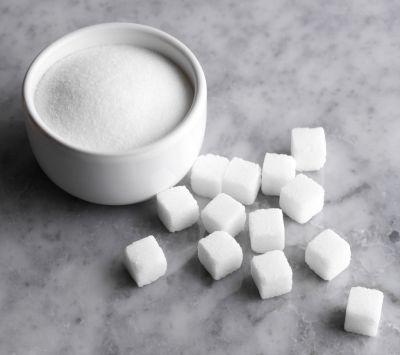High sugar intake not only leads to diabetes and obesity but also has a significant impact on skin health.
Recently, the World Health Organization revised their daily sugar intake recommendation for adults to less than 5% of total calorie intake. This amounts to a maximum of 25 grams of sugar per day. However, most packaged drinks contain excessive amounts of sugar, with a single serving exceeding the daily limit. It’s important to note that sugar has negative effects on the skin, including a proven link to acne and skin aging.
To understand the relationship between sugar and aging, we need to understand the normal repair process of collagen. During normal metabolism, aging collagen is broken down and remodeled. However, when collagen is cross-linked, the repair process is hindered, a process called glycation. Glucose and fructose can glycate collagen and elastin, making it difficult to resolve and repair. The glycation end products that result are called advanced glycation end products (AGEs). According to studies, AGEs increase at a rate of 3.7% per year. When AGEs accumulate in the body and cannot be resolved, skin aging occurs.
Diet is a significant factor that accelerates AGE formation. The more sugar you consume, the higher the concentration of AGEs in your skin, accelerating their formation. Once AGEs form, they are difficult to break down, so prevention is crucial. Additionally, ultraviolet rays can also accelerate AGE formation, so it’s important to protect your skin with sunscreen and limit high sugar intake.

